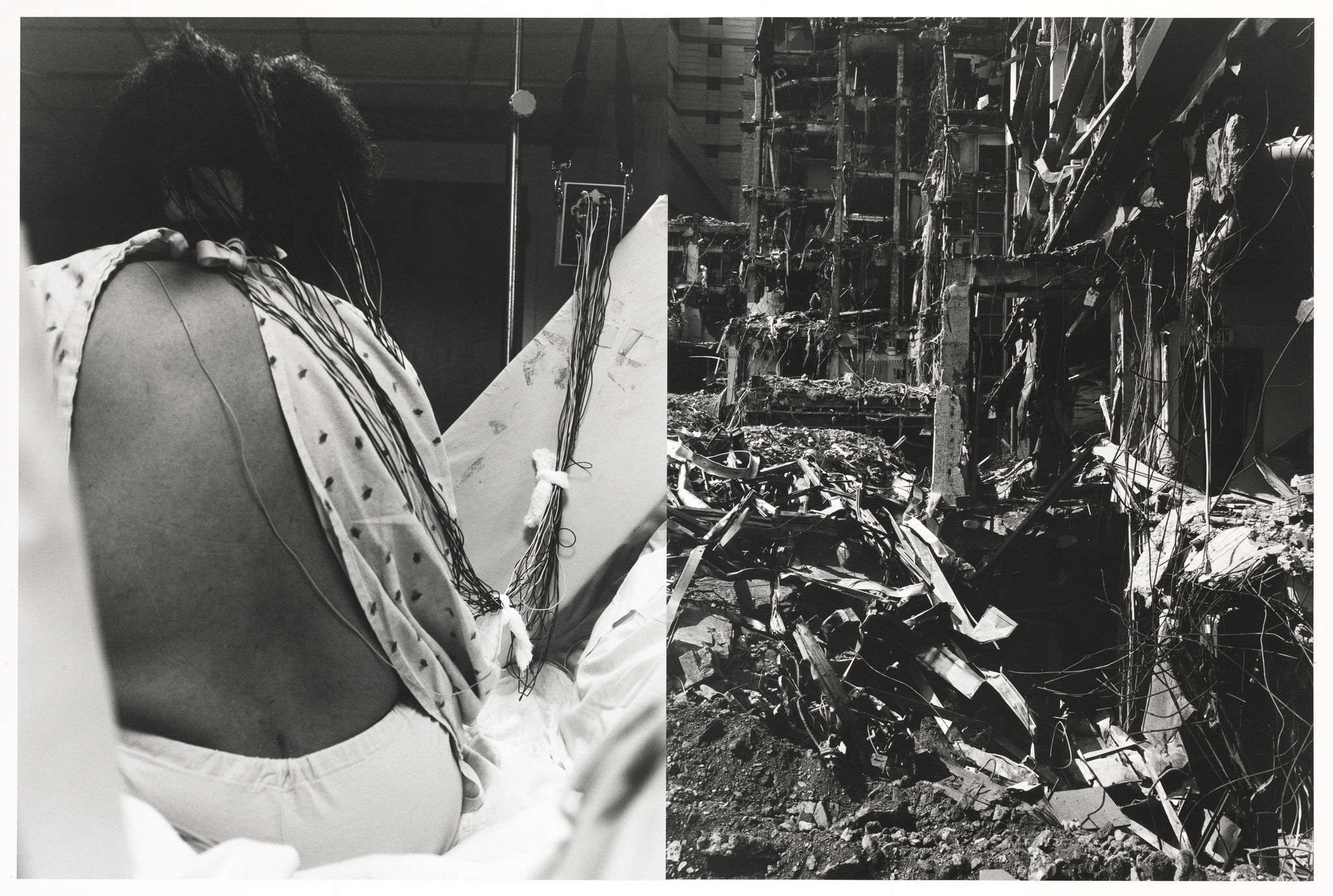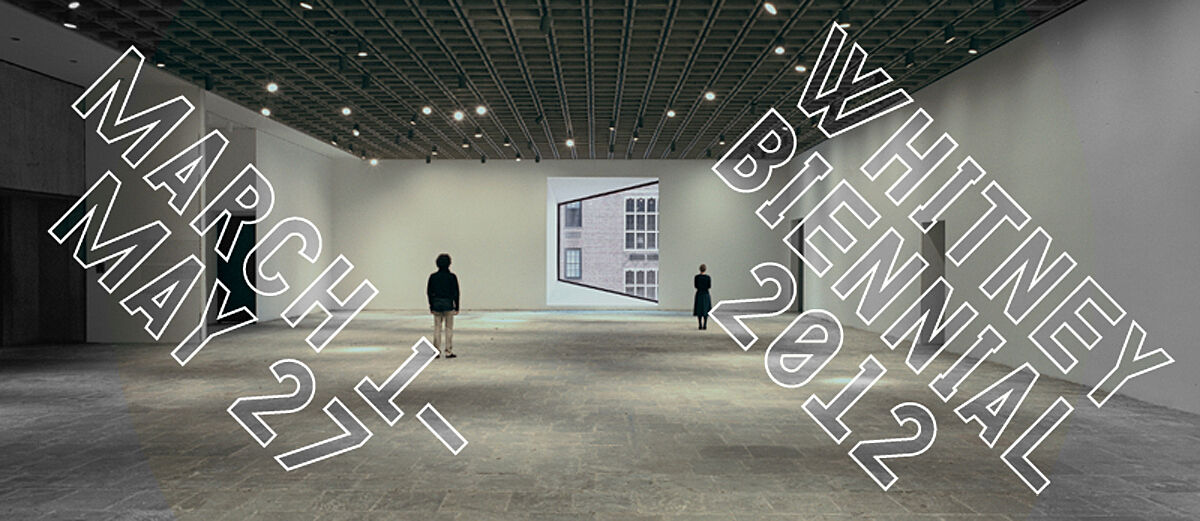LaToya Ruby Frazier
Feb 24, 2012
0:00
LaToya Ruby Frazier
0:00
LaToya Ruby Frazier: It became very important for me to relinquish my power of holding the camera and actually giving it to my mother and grandmother, and letting them turn that camera on me.
Narrator: In the past, Frazier had often turned her camera over to her grandmother, who died in 2009. In these pictures, Frazier appears in the home of her grandmother’s late stepfather.
LaToya Ruby Frazier: I'm back in this house five years later. And the house was abandoned, it was falling apart. It was being taken over by the Fire Department. They hadn't done any work on it, and when I went into the house, after five years, some of my artwork was still on the wall. Some of the things that belonged to my grandmother were still in the rooms. It was as if we were still there, but everything had eroded in the space.
And for me, it's also about psychologically continuing on their legacy. Gramps was one of the few African American men that worked in Carnegie Steel Mill. And my grandmother took care of him until he passed away, she wouldn't put him in a home. And so, it's very important for me to think about these portraits as not just the past or the present but how to shoot these portraits so I can think about my future self.


